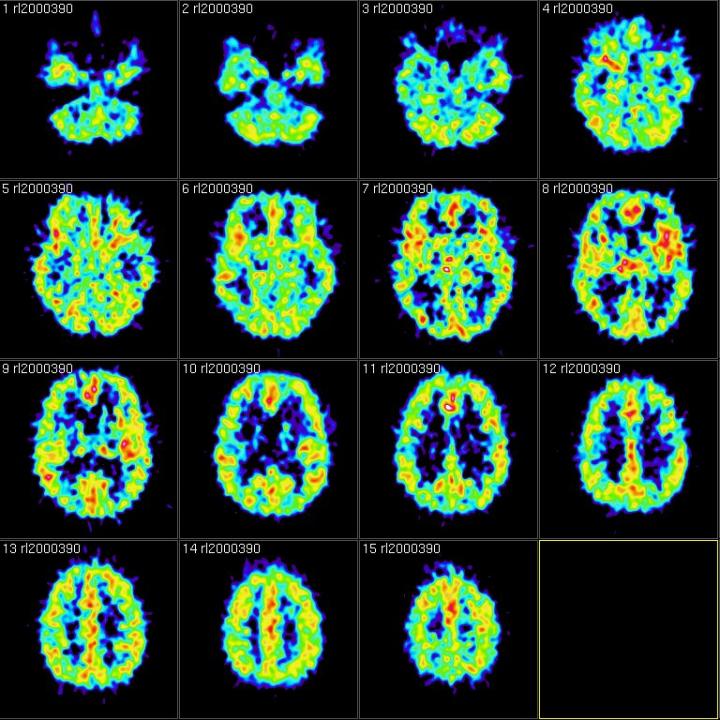Nursing a broken heart, grappling with an embarrassing moment or picking yourself up from a job loss? A new study suggests that with a bit of training, we can intentionally forget bad memories.

American researchers out of Dartmouth and Princeton universities say that it’s all about how we contextualize our past and build memories based on sights, sounds, scent, who we’re with and where we are. That’s what helps us organize and retrieve our memories.
For their research, they had study participants look at two lists of random words – they had to forget one list while they were tasked with remembering the words on the other.
The group was shown images of outdoor scenes, such as forests, mountains and beaches while they studied the lists of words.
READ MORE: Remember where you were on 9/11? Study suggests memories may be distorted
“Our hope was the scene images would bias the background, or contextual thoughts that people had as they studied the words to include scene-related thoughts,” lead author and psychologist, Dr. Jeremy Manning, said in a university statement.
It makes sense: when you think of a memory, it’s a full experience – you remember where you were, what you were doing and the faces around you, for example. Even minute details come to mind.
When the group was told to forget, the brain scans showed that they literally “flushed out” the scene from their brains.
- Canadian man dies during Texas Ironman event. His widow wants answers as to why
- ‘Sciatica was gone’: hospital performs robot-assisted spinal surgery in Canadian first
- Canadians more likely to eat food past best-before date. What are the risks?
- Treatment from female doctors leads to lower death rates, study finds
“It’s like intentionally pushing thoughts of your grandmother’s cooking out of your mind if you don’t want to think about your grandmother at the moment. We were able to physically measure and quantify that process using brain data,” he said.
READ MORE: PTSD and memory – Canadian docs study survivors on plane near-disaster
When they had to remember the words, they thought of the scenes tied to this list. The more they pushed out scenes related to the forgotten words, the more successful they were at remembering words they had to study.
While the findings are preliminary, the study has major implications, Manning says. It could help with building educational tools, or treating mental health issues, for example.
“Memory studies are often concerned with how we remember rather than how we forget, and forgetting is typically viewed as a ‘failure’ in some sense, but sometimes forgetting can be beneficial, too,” Manning said.
READ MORE: No one’s ‘immune’ to memory distortion, even those with superior memory
Soldiers dealing with PTSD may want to forget a traumatic event, or students may want to erase old information from their brains to focus on learning new material, he suggests.
Manning’s full findings were published Thursday night in the journal Psychonomic Bulleting and Review.
carmen.chai@globalnews.ca
Follow @Carmen_Chai


Comments